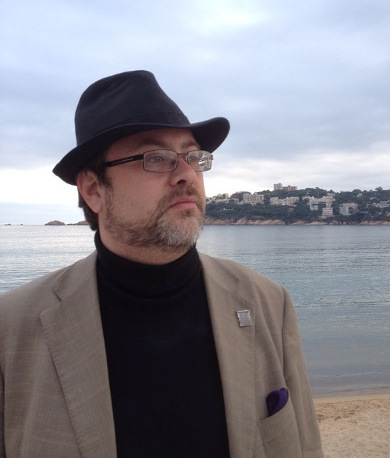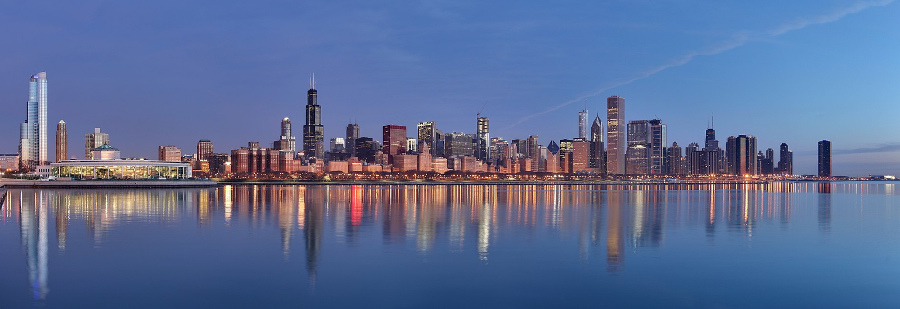“At the beginning of the 21st century it’s difficult to continue explaining international society in the classical terms”
Santiago Castellà, full academician of the Royal European Academy of Doctors-Barcelona 1914 (RAED) and director of the chair Tarragona Smart Mediterranean City of the University Rovira i Virgili, considers in the work “La emergencia de las ciudades en la nueva sociedad internacional: ¿Hacia una ciudad Estado?” (The emergence of cities in the new international society: Towards a State City?), Presented at the III International Act of the RAED, the role of the city as the epicenter of the current social transformation through technology, new ideological currents and creativity. “In a global world, which is less and less explained by the role of the State, the city -a new State city- returns to be the main protagonist”, he sums up.

Dr. Santiago José Castellà Surribas
Castellà reviews the configuration and evolution of the concept of contemporary State that was fixed in the Peace of Westphalia in 1648, to conclude that in a globalized world its fundamentals are not supported. “The Peace of Westphalia marks the birth of the modern State, which has in its territorial physical base one of the determinants of sovereignty. The State, whose sovereignty is called absolute and unlimited, responds to a logic of acquisition of territories, usually through the conquest, which has marked the history of humanity from its beginnings”, begins his argument.
“In the late nineteenth and early twentieth centuries, and the special after the creation with the Treaty of Versailles of the League of Nations, international organizations emerged progressively as a new actor in society and subject to the international legal order -he says-. But it’s at the beginning of the twenty-first century that it’s difficult for us to continue to explain international society, and with it the international legal order called to order it, in terms such as those that arose in Westphalia. Mutual interrelations that overflow the enthroned intangibility of borders”.
Castellà believes that so far little attention has been paid to the city as the epicenter of the great global transformations that the planet lives on. Although the new smart cities, where new information and communication technologies have highlighted the deep urbanization process that the whole world is experiencing and the growing autonomy and flexibility of cities to operate nimbly in a global society seeking to attract resources, general knowledge and offer better life chances and quality of life to its inhabitants, open a new framework. “We must end up posing if we witness the birth of a new State city”, concludes the academician.





